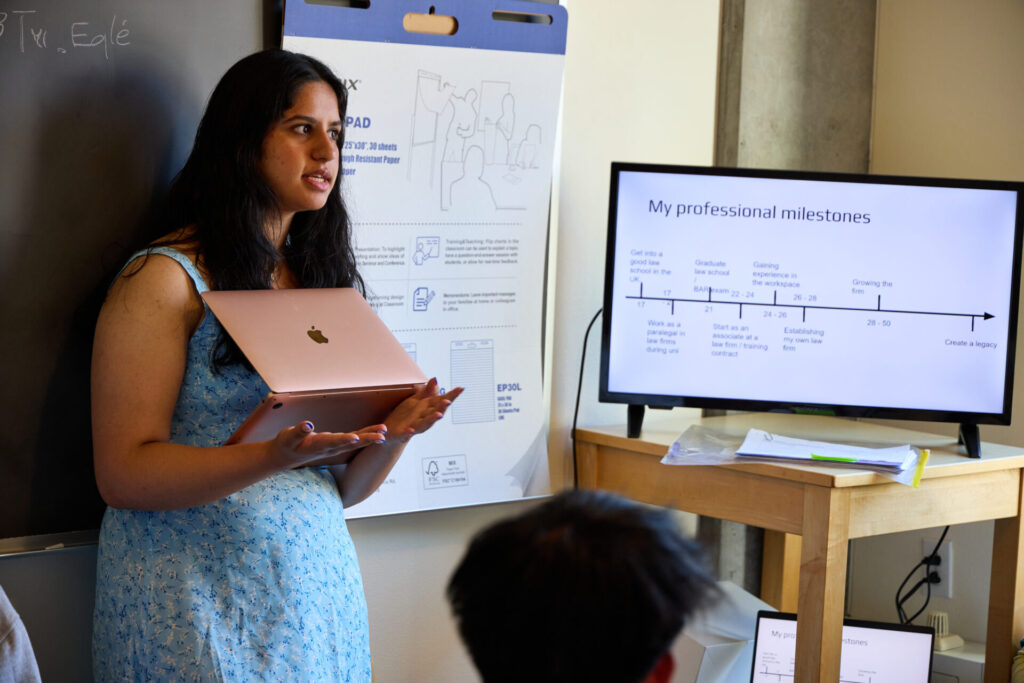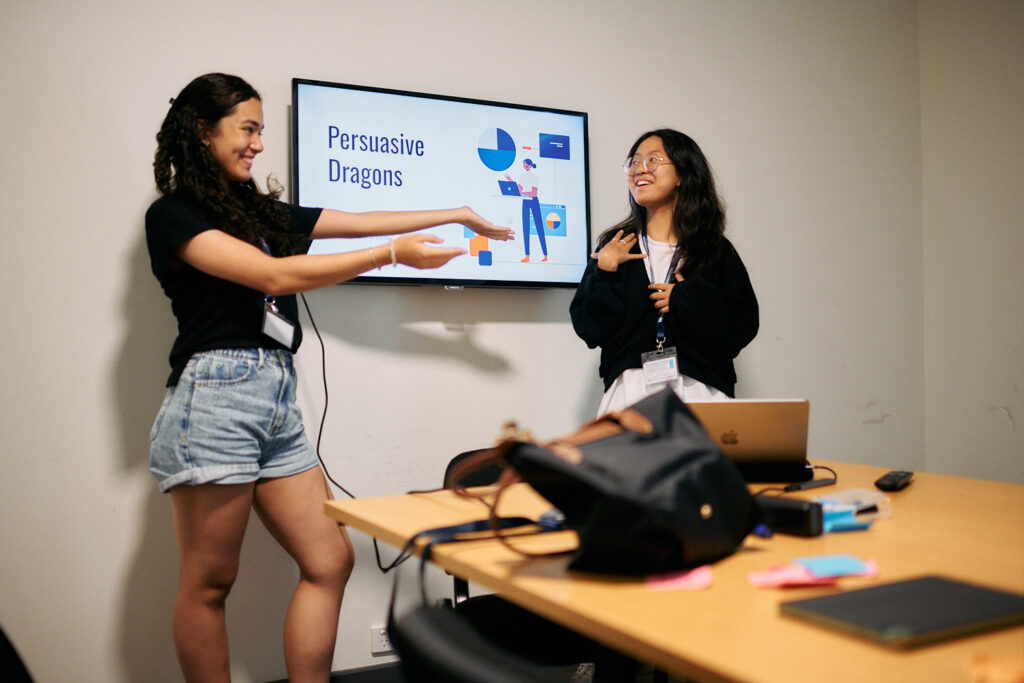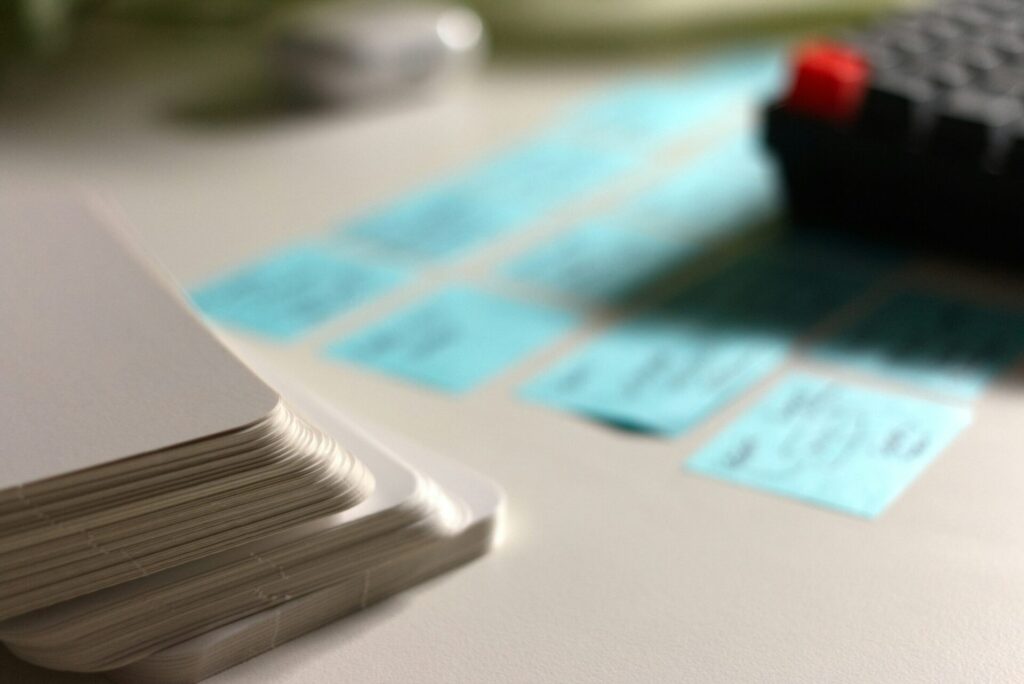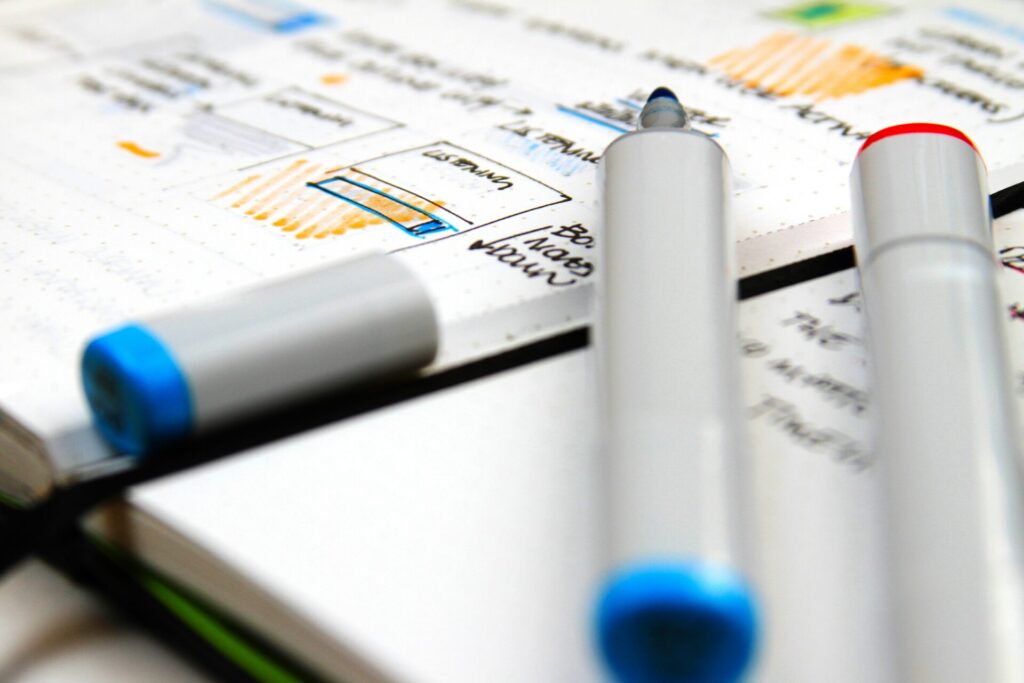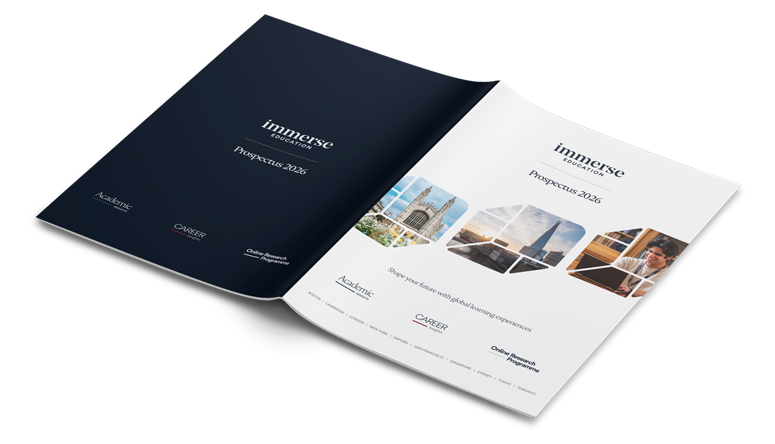In today’s fast-paced world, the importance of critical thinking for students cannot be overstated. As learners face an overwhelming amount of information daily, the ability to think clearly, question assumptions, and analyze arguments is essential for academic success and real-life decision-making. Critical thinking empowers students to become independent thinkers, solve problems effectively, and make informed choices. Whether you’re writing an essay, working on a project, or navigating social issues, developing this skill will set you apart. This article explores why critical thinking matters, how it benefits you as a student, and practical ways to strengthen this crucial ability.
What Is Critical Thinking?
Critical thinking is a skill that enables students to analyse information, solve problems, and make informed decisions. At its core, critical thinking is the ability to think rationally, evaluate evidence, and form reasoned judgments. Far beyond memorisation or rote learning, critical thinking involves questioning, exploring, and understanding different perspectives.
For students, this capability becomes a foundation for success in both academic and everyday life. Whether you’re debating a current issue in class or deciding how to manage your time, applying critical thinking ensures thoughtful and effective solutions. But what exactly does this skill entail, and how can it be nurtured? Before we explore its role and benefits, let’s break it down further.
Critical thinking means asking questions like “Why?” “How?” and “What if?” It also involves identifying assumptions, avoiding bias, and relying on solid evidence. These practices help students not just learn, but comprehend on a deeper level.
Importance of Critical Thinking for Students
Critical thinking is not just a buzzword; it is an essential skill that prepares students for success far beyond the classroom. Here’s why.
Academic Achievement
One of the greatest advantages of critical thinking is how it impacts a student’s academic performance. Education is no longer simply about absorbing facts; it’s about interpreting them, applying them, and forecasting outcomes. When working through complex assignments or reviewing academic material, critical thinking ensures that students challenge assumptions rather than accept them at face value.
For instance, during a literature analysis, a student applying critical thinking doesn’t just take a character’s actions as given. Instead, they consider the context, motivations, and implications, giving their interpretations more depth.
Problem-Solving and Decision-Making
Life is a series of decisions, and students face these daily. By developing critical thinking skills, they enhance their ability to evaluate options and arrive at well-reasoned solutions. Whether it is deciding which extracurricular activities to take on or solving real-world problems, students with critical thinking abilities make better decisions.
For example, budgeting during university often requires weighing priorities. Should a student spend money on a textbook upfront or borrow it from the library to save for groceries? Strong critical thinking skills provide the tools necessary to assess options based on consequences.
Preparation for the Future
The importance of critical thinking for students extends well into their future careers. Almost every professional field welcomes individuals who can think on their feet, resolve conflicts, and adapt quickly. Whether working in law, healthcare, or engineering, critical thinking prepares students to become valuable team members and leaders.
Imagine a role like data analysis; here, critical thinkers don’t just report figures, but ask futuristic questions like, “What patterns are emerging?” or “What recommendations will this analysis lead to?”
Critical thinking means smarter learning today and a more rewarding professional life tomorrow.
For further study tips explore our website where we cover various topics.
Benefits of Critical Thinking
There are countless advantages of critical thinking that directly support daily academic and personal life. These include:
- Better Decision-Making
From selecting courses to forming opinions on societal issues, students with strong reasoning make better decisions. - Improvement in Research Skills
Critical thinking sharpens your ability to assess sources, weed out unreliable information, and create logical analyses. - Enhanced Creativity
Thinking critically isn’t only about logic; it also opens avenues to innovative ideas by encouraging perspective-based exploration. - Stronger Self-Awareness
Critical thinking allows students to identify their beliefs and challenge long-held assumptions. This leads to personal growth and better emotional intelligence. - Improved Communication
Critical thinkers express themselves more articulately because they base ideas on sound reasoning, not guesses.
Want to maximize these benefits? It’s time to think about how to actively develop critical thinking.
Join the Immerse Education 2025 Essay Competition
Follow the instructions to write and submit your best essay for a chance to be awarded a 100% scholarship.

Exploring the Connection Between Communication and Critical Thinking
While critical thinking and communication may seem distinct, they intersect when it comes to critically evaluating what others say and responding thoughtfully. Communication becomes a tool for expressing curiosity, asking questions, and engaging in meaningful dialogue.
Critical thinking sharpens decision-making by encouraging students to analyze information and question assumptions. For example, in a group project, critical thinking helps students evaluate ideas, while communication allows them to ask clarifying questions and share insights.
- Listening Actively: Active listening is essential for critical thinking. By paying close attention to what others say, you can assess the validity of their arguments and respond with curiosity or counterpoints.
- Asking Thoughtful Questions: Critical thinking thrives on curiosity. Communicating your questions or doubts helps deepen understanding and fosters richer discussions.
- Collaborating Effectively: Collaboration combines diverse perspectives, and communication ensures these ideas are shared and refined.
For instance, a university student preparing a research report might critically evaluate sources and then communicate their findings clearly to persuade their audience. In this way, communication transforms critical thinking into actionable insights, bridging the gap between analysis and interaction.
How to Learn Critical Thinking
Critical thinking is not something you’re born with; it’s a skill you can build and refine. Below are strategies to help students enhance their critical thinking ability.
1. Ask More Questions
Adopting a curious mindset is essential to becoming a critical thinker. When you’re presented with a fact or argument, train yourself to probe deeper. Don’t just take things at face value—ask, “Who is saying this, and why?” or “What assumptions are being made here?” By developing a habit of inquiry, you’ll begin to uncover layers of meaning, potential flaws, and deeper truths that aren’t immediately visible. This approach turns learning into an active, investigative process, helping you spot contradictions, recognise weak arguments, and build stronger, more coherent ideas of your own. Curiosity is the gateway to clarity.
2. Engage in Problem-Solving Exercises
Critical thinking flourishes when you’re actively engaging your brain, and problem-solving tasks provide just that opportunity. Whether it’s logical puzzles, ethical dilemmas, or structured debates, these exercises force you to weigh evidence, consider multiple viewpoints, and make decisions based on reasoning. Even writing argumentative essays sharpens your ability to build and defend a position. Participating in group activities like case studies or simulations pushes you to listen critically, challenge peers respectfully, and adapt your thinking on the fly. These experiences help you develop intellectual resilience, refine your judgement, and become comfortable navigating complexity—skills essential for academic success and beyond.
3. Read Widely and Critically
Reading a variety of texts—from philosophy and journalism to science fiction and policy papers—broadens your understanding of the world and exposes you to conflicting perspectives. But it’s not just about reading more; it’s about reading better. Approach every text with an analytical lens: who is the author, what’s their intent, and how strong is their argument? Notice rhetorical devices, underlying assumptions, and emotional appeals. Annotate as you go, challenge claims in the margins, and cross-check sources. This practice helps you become a more discerning consumer of information, vital in a world overflowing with content that isn’t always accurate.
4. Practice Reflection
It’s not enough to move from one assignment to the next without pause. Instead, make reflection a routine part of your learning. After completing a task—whether it’s a group project, a reading, or a test—pause to assess your performance. Ask yourself what you understood easily, what confused you, and how you approached challenges. Did your strategy work? Could a different method have been more effective? Reflecting like this transforms mistakes into lessons and successes into repeatable strategies. Over time, it builds self-awareness and mental discipline—cornerstones of critical thinking that help you learn more intentionally and adjust your approach with confidence.
5. Seek Feedback
You can’t always spot your own blind spots, which is why feedback is so valuable. Share your work and ideas with trusted peers, tutors, or mentors, and ask for specific input—not just “Is this good?” but “Where does my argument fall short?” or “Does my conclusion follow logically?” Listen actively, resist the urge to defend yourself immediately, and use feedback as a learning tool. When others challenge your thinking, it gives you the chance to reassess your logic and refine your viewpoints. Collaborative critique isn’t a sign of weakness—it’s a shortcut to growth, helping you think more clearly and argue more persuasively.
6. Learn to Manage Bias
Everyone has biases—it’s part of being human. But unchecked, these biases can distort your thinking and lead to poor decisions. Start by noticing your initial reactions: do you dismiss ideas too quickly? Do you favour sources that confirm what you already believe? Recognising these tendencies is the first step. From there, actively seek out opposing views and hold your assumptions up to scrutiny. Diversify your information sources and question your motivations. This doesn’t mean becoming indecisive—it means becoming more objective. With practice, you’ll learn to separate emotion from analysis and make judgments based on reason rather than instinct.
Putting Critical Thinking Skills into Action
Theory alone can feel abstract or disconnected. But when you put ideas into practice—through volunteering, internships, school initiatives, or creative projects—you discover how critical thinking plays out in the real world. You learn that there are rarely perfect solutions, only trade-offs and priorities. Whether you’re resolving a conflict in a team or evaluating how a theory holds up in a real scenario, applying knowledge deepens your understanding and sharpens your reasoning. It also builds confidence: by seeing the impact of thoughtful decisions, you reinforce your ability to evaluate, adapt, and act wisely—an essential life skill, not just an academic one. In this section, we’ll explore different parts of your daily life that would benefit from the application of critical thinking.
1. Engaging with the News
Many students scroll through news stories daily—on apps, social media, or even just headlines. Rather than just absorbing information, pause to ask: who wrote this, and why? What’s left out? What sources are being cited? Different outlets can report the same story in strikingly different ways. Comparing coverage, noticing emotional language, or spotting loaded headlines trains your brain to stay sceptical and curious. Even skimming the news becomes a chance to question assumptions and build awareness of bias, helping you develop a more nuanced, informed worldview—essential for making sense of the increasingly complex world around you.
2. Watching Films and TV
Binge-watching Netflix or seeing a new release isn’t just entertainment—it can be a masterclass in critical analysis. What themes are being explored? How are certain groups or ideas portrayed? Think about what the creators want you to feel, and how they’re guiding you there. Music, lighting, plot twists—all of it contributes to shaping your perception. By thinking critically about storylines or character arcs, you move beyond passive viewing. You start to notice hidden messages, gaps in logic, or cultural assumptions. Films and TV can reflect society or challenge it—either way, they give you a rich text to pull apart.
3. Scrolling Social Media
Whether you’re watching TikToks, liking Instagram posts, or arguing in a comment thread, social media offers endless material to dissect. Consider how influencers present themselves—what are they choosing to show or hide? How does the algorithm shape what you see? Which posts go viral, and why? Analysing the intentions behind content and questioning how it affects your beliefs or behaviour is a key part of modern critical thinking. It’s also a way to take control of your attention and your choices online. Next time you scroll, try pausing to evaluate what’s persuasive, what’s performative, and what’s worth your time.
4. Writing Essays
Essay writing is already a natural arena for critical thinking—you just need to lean into it. Instead of simply collecting facts to fit a question, challenge yourself to weigh ideas, test opposing arguments, and decide which evidence genuinely supports your case. Ask yourself why your argument matters, and how it holds up under scrutiny. It’s not about ticking boxes, but about crafting something reasoned and original. Planning, drafting, and editing become less about pleasing a teacher and more about refining your thought process. When done properly, essays aren’t just assessments—they’re exercises in developing your voice and sharpening your judgement.
Summary
Critical thinking is the linchpin that connects learning with lasting success. For students, it lays the groundwork for effective decision-making and future achievement. Whether you’re aiming for academic success, personal clarity, or a rewarding career path, cultivating critical thinking is the first step toward a stronger and brighter future. Start practising today for an effective university education, and the benefits will stay with you for a lifetime.







